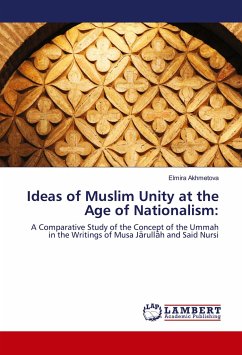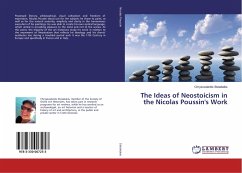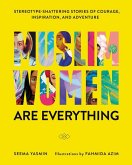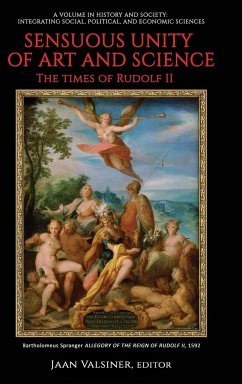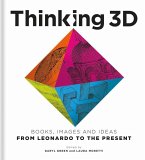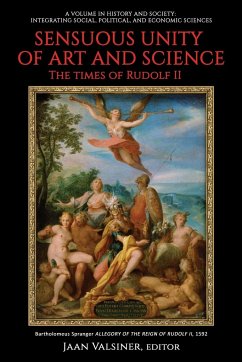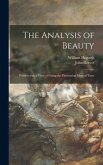This work examines the accuracy of the so-called "universal sociological theory" of Hans Kohn on the examples of identity consciousness of Russia's and Turkish Muslims in the first quarter of the twentieth century in the light of the thought of Musa Jarullah and Said Nursi. It suggests that the rise of nationalism in Russia and Turkey did not coincide with a voluntary decline in the hold of religion; and Islam did not lose its importance in political as well as social lives of Russia's and Turkish Muslims.
Bitte wählen Sie Ihr Anliegen aus.
Rechnungen
Retourenschein anfordern
Bestellstatus
Storno

